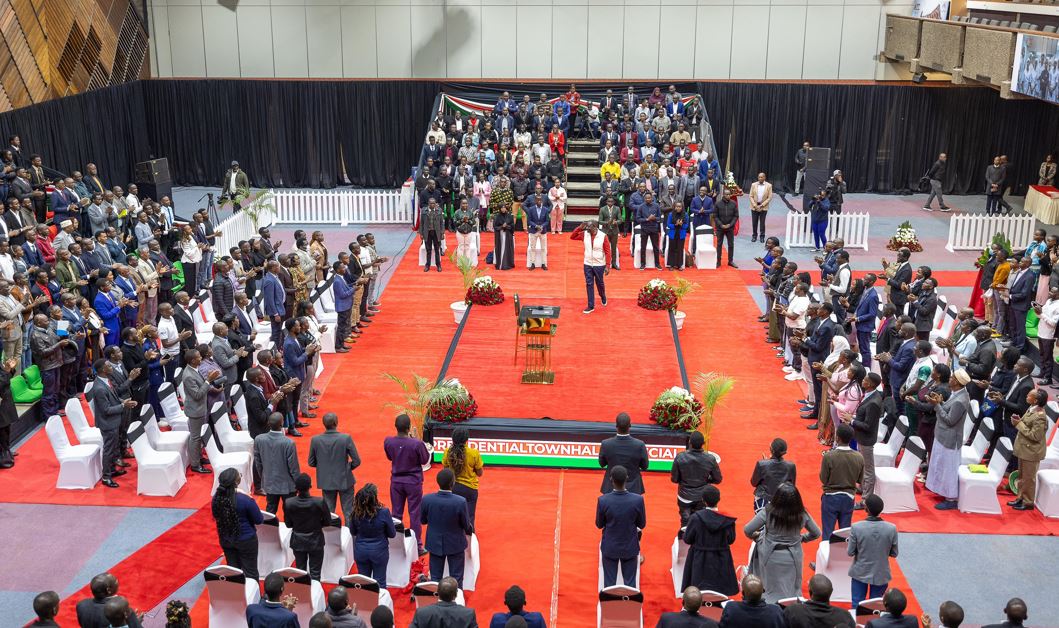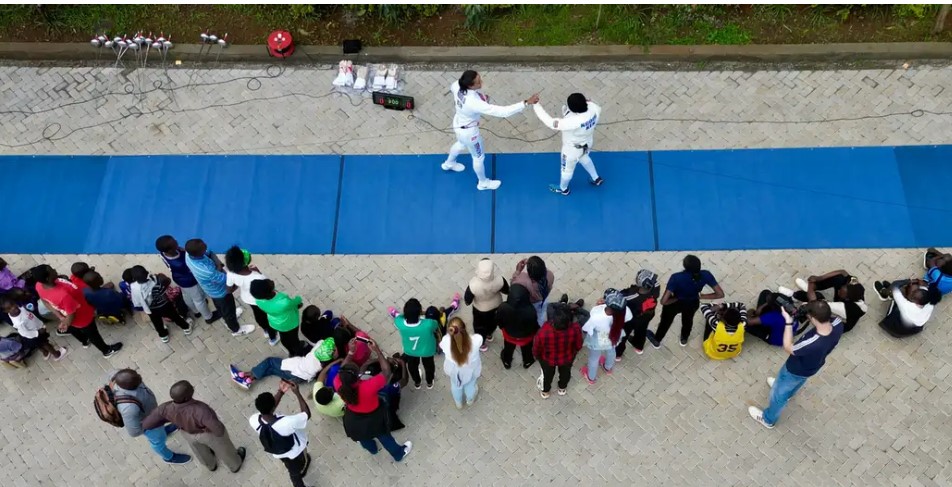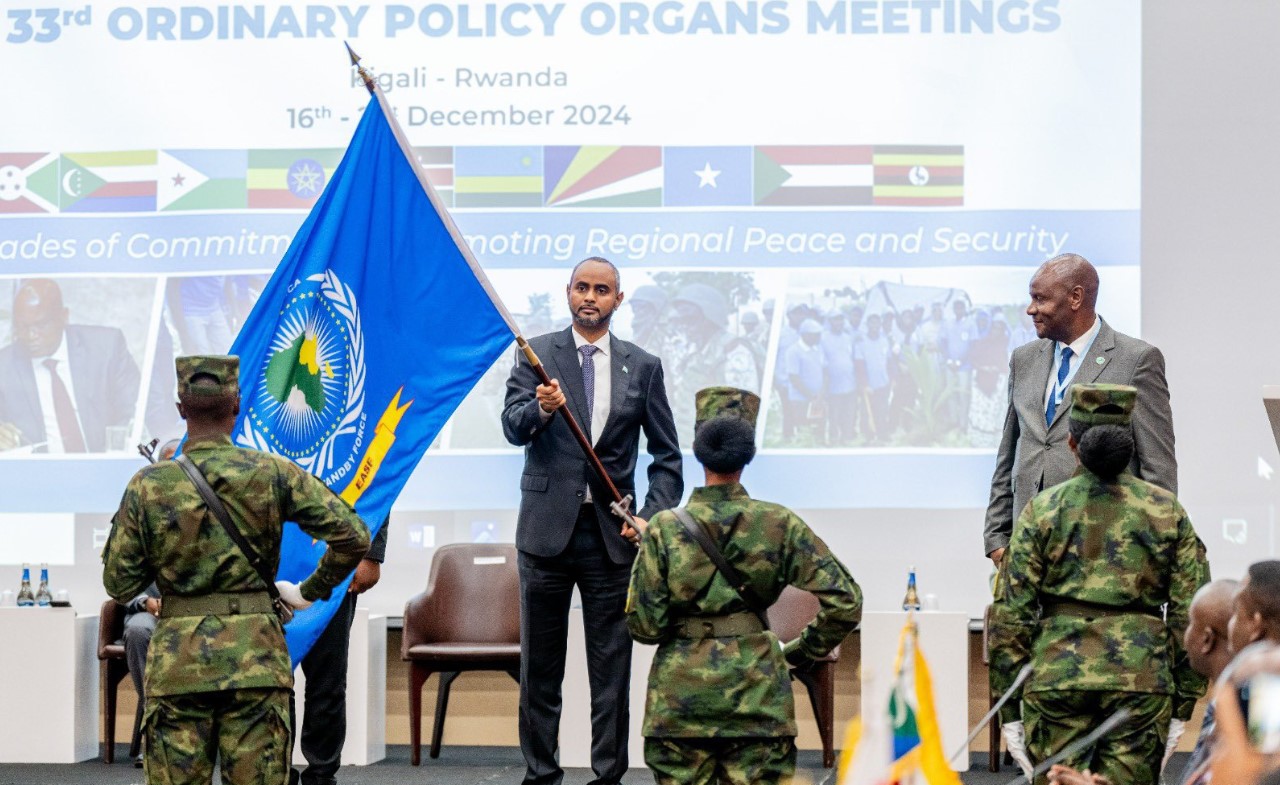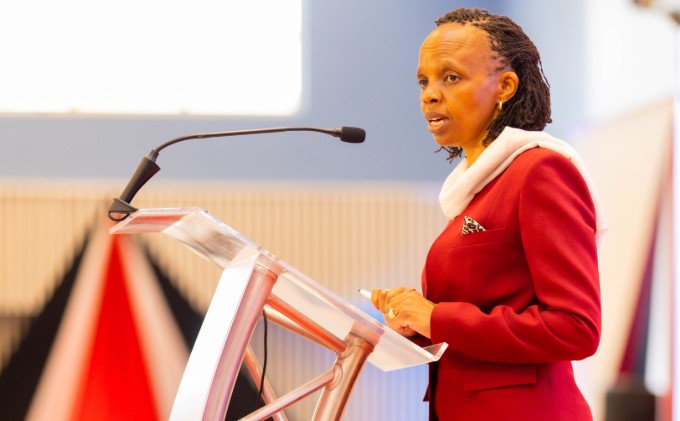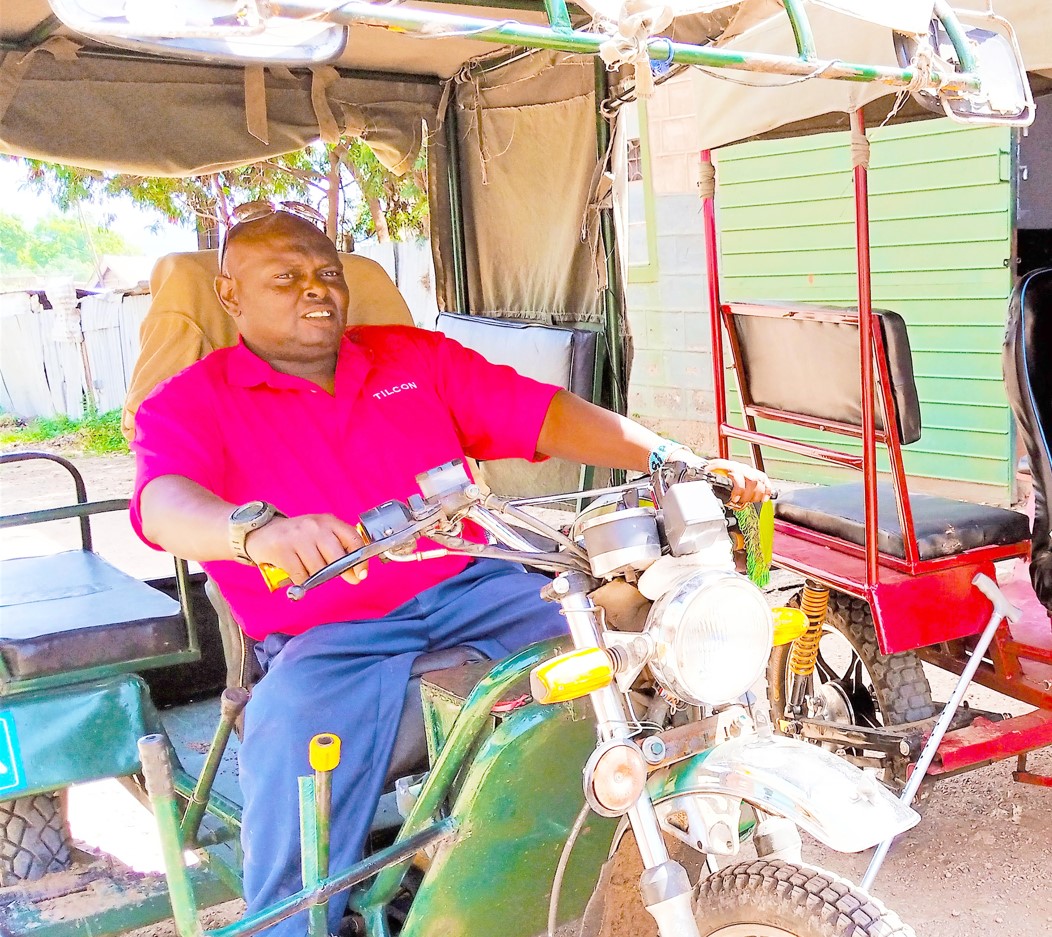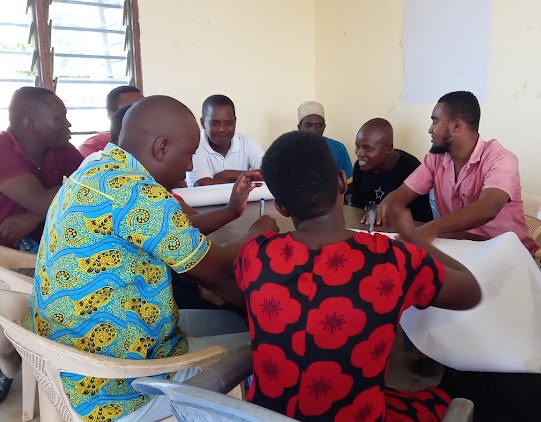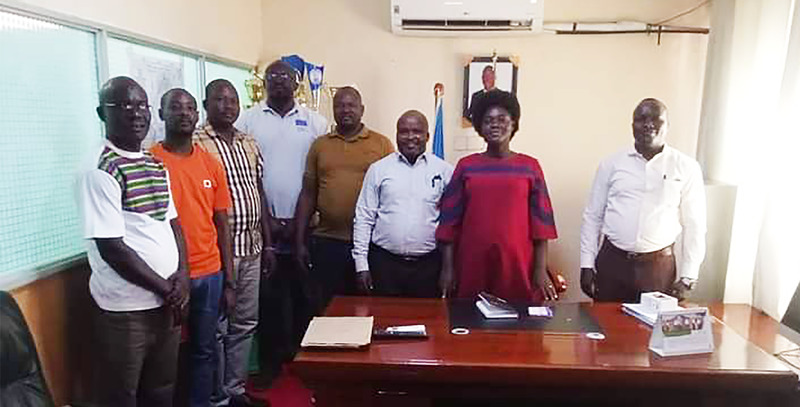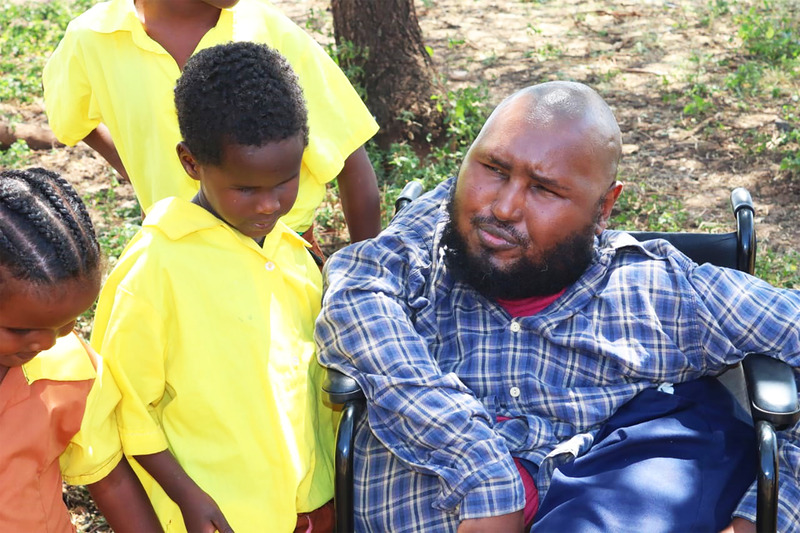Entrench Kenya sign language in school curriculum, PWDs urge State
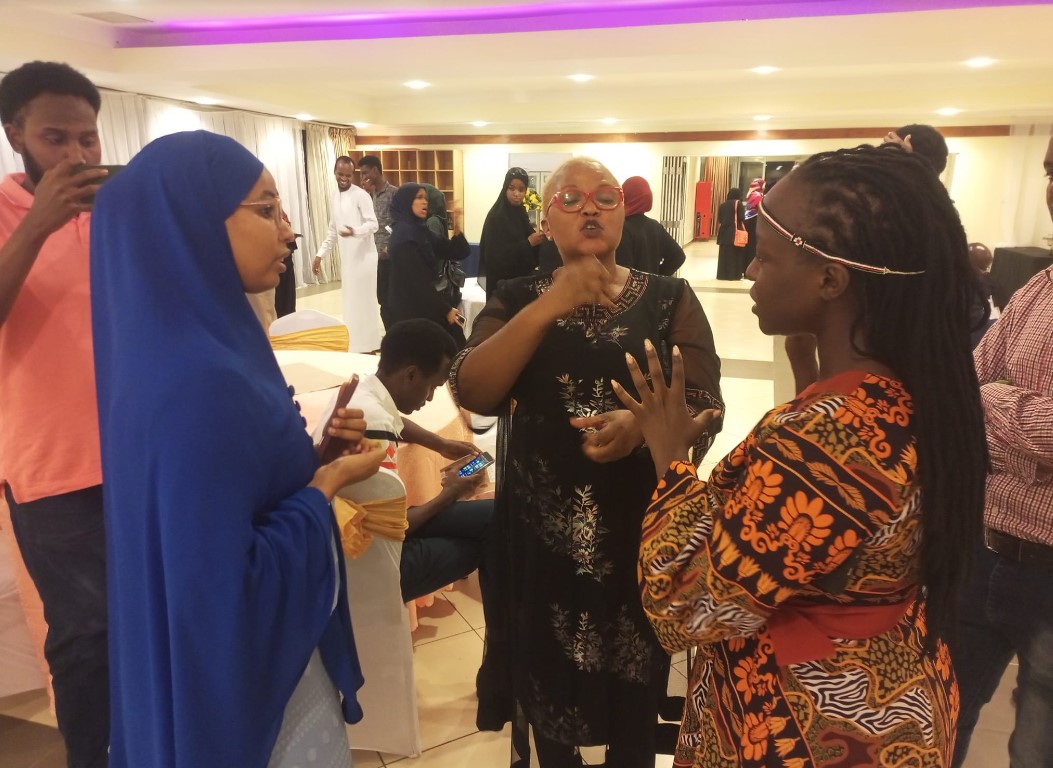
By Immaculate Wairimu |
Government urged to consider entrenching the Kenya sign language as a compulsory subject in primary and secondary schools.
The government should consider making Kenya sign language a compulsory subject in primary and secondary schools to ensure the sustainable inclusion of deaf persons in all aspects of life, the Founder and Managing Director of Signs Media Kenya Limited Luke Muleka has said.
Already, a bill sponsored by Nominated MP Umulkher Mohamed, that seeks to mainstream sign language and integrate it into the school curriculum is before Parliament. The Kenyan Sign Language Bill, 2023, seeks to provide for the recognition, promotion, development, and use of the language.
Keep reading
- Women, Youth, PWDs secure Sh28.6 billion in state tenders
- Persons with disabilities significantly less included in financial access - report
- Kenya achieves major milestones in disability inclusion and access to justice
- Kilifi PWDs hail new initiative aimed at promoting inclusion, dispelling misconceptions
“The bill is in line with provisions of the Constitution regarding the rights of persons with disabilities, particularly Articles 54 and 56, which mandate the State to put in place measures for the promotion of the rights of marginalised communities including persons with disabilities,” the draft bill states.
Umulkher said including sign language in the curriculum will benefit about 2.7 million deaf Kenyans, a significant portion of the population.
“We are dealing with five per cent of the population - about 2.7million people, who are deaf. That is not a small number. This is why we want the sign language made compulsory,” said the nominated MP.
 A deaf child being taught in sign language. (Photo: Deaf Child Worldwide)
A deaf child being taught in sign language. (Photo: Deaf Child Worldwide)
Training
The NCPWD has also called on government ministries, counties, departments and agencies (MCDAs) to employ or train sign language interpreters and build the capacity of public officers to offer support and services for deaf persons and those who are hard of hearing.
The Kenya Institute of Special Education (KISE) is set to undertake the training in Isiolo, Nairobi, Kakamega, Kisii, Kitui, Nakuru, Kisumu and Mombasa counties.
Stakeholders in the disability community have also lauded this initiative.
“It is much easier for a child to learn and adopt sign language as a key component of their life when they study it throughout their primary and secondary education, compared to training public officers who will interact with sign language for a short while,” says Luke Muleka, founder and managing director of Signs Media Kenya Limited.
He said public officers may forget their training if they do not constantly interact with deaf persons.
 Kenyan children having a conversation using sign language. (Photo: Stocksy)
Kenyan children having a conversation using sign language. (Photo: Stocksy)
Muleka added that their drive to take up sign language training may be a means to an end and not necessarily the way to help the deaf access government services. He said the government may be required to keep training more people as some retire over time.
“A public official may interact with a deaf person once in two or three months, and if they do not interact with one, they may forget what they were trained on. Therefore, the government might be pouring money into initiatives that may not be sustainable," he said.
"On the other hand, a child will grow up learning and practising sign language, which will be ingrained in them. It will be much more economical for the government to employ such a person - one who has interacted and mastered sign language for much of their lives.”
Non-governmental organisations and private sector institutions have also been invited to nominate and support their staff to acquire the skills.
The application deadline is February 8, 2024.
Reader comments
Follow Us and Stay Connected!
We'd love for you to join our community and stay updated with our latest stories and updates. Follow us on our social media channels and be part of the conversation!
Let's stay connected and keep the dialogue going!
Latest News For You
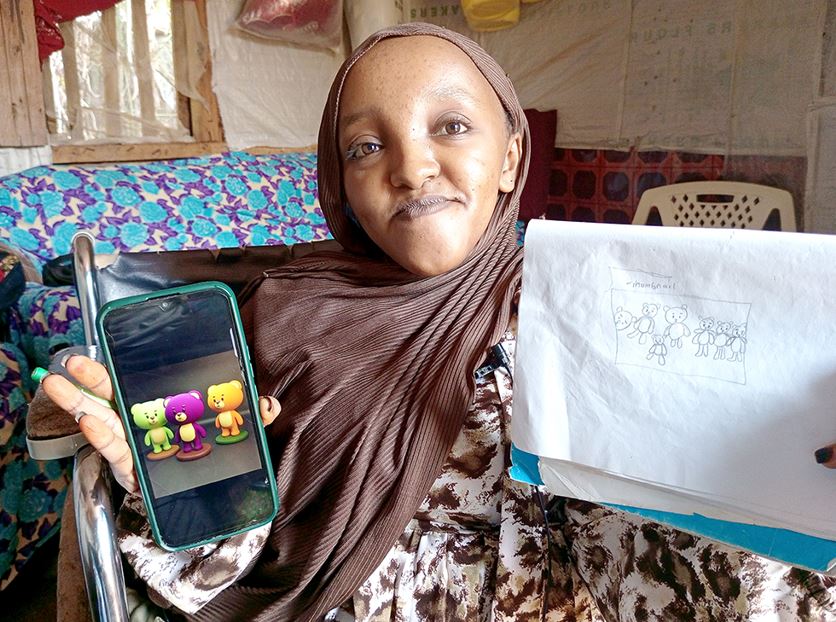
Disability no hindrance to Isiolo film animations maker
